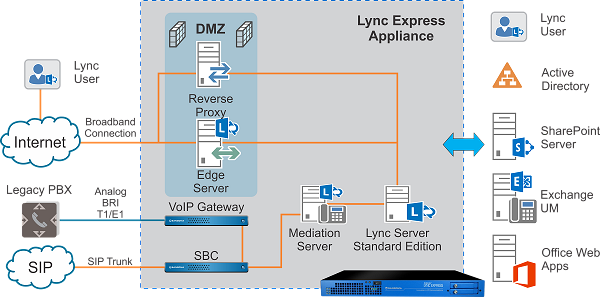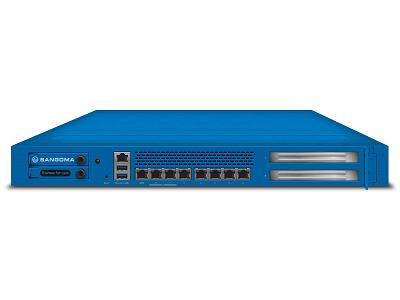- HOME
- PRODUCTS
- SOLUTIONS
- Service Providers
- Secure Remote User Management
- Microsoft Lync Skype for Business: All-in-One Solution
- Enterprise Communications
- Affordable PBX Platforms
- Branch Office Survivability
- Call Recording Directly From T1/E1
- Connecting Legacy Equipment to an IP PBX
- Connect Legacy Equipment to Next Generation IP PBXs
- Contact Centers
- Fax over IP
- Interactive Voice Response
- IP-PBX Systems
- Lync Interworking with IP-PBX
- Remote Office Connection without VPN
- SIP Trunking – Enterprise
- Education
- OEM
- Developers and Integrators
- PURCHASE
- RESOURCES
- NEWS & EVENTS
- SUPPORT
- CONTACT US
- HOME
- PRODUCTS
- SOLUTIONS
- Service Providers
- Secure Remote User Management
- Microsoft Lync Skype for Business: All-in-One Solution
- Enterprise Communications
- Affordable PBX Platforms
- Branch Office Survivability
- Call Recording Directly From T1/E1
- Connecting Legacy Equipment to an IP PBX
- Connect Legacy Equipment to Next Generation IP PBXs
- Contact Centers
- Fax over IP
- Interactive Voice Response
- IP-PBX Systems
- Lync Interworking with IP-PBX
- Remote Office Connection without VPN
- SIP Trunking – Enterprise
- Education
- OEM
- Developers and Integrators
- PURCHASE
- RESOURCES
- NEWS & EVENTS
- SUPPORT
- CONTACT US
- HOME
- PRODUCTS
- SOLUTIONS
- Service Providers
- Secure Remote User Management
- Microsoft Lync Skype for Business: All-in-One Solution
- Enterprise Communications
- Affordable PBX Platforms
- Branch Office Survivability
- Call Recording Directly From T1/E1
- Connecting Legacy Equipment to an IP PBX
- Connect Legacy Equipment to Next Generation IP PBXs
- Contact Centers
- Fax over IP
- Interactive Voice Response
- IP-PBX Systems
- Lync Interworking with IP-PBX
- Remote Office Connection without VPN
- SIP Trunking – Enterprise
- Education
- OEM
- Developers and Integrators
- PURCHASE
- RESOURCES
- NEWS & EVENTS
- SUPPORT
- CONTACT US
 Download PDF Version
Download PDF VersionLync offers businesses an attractive platform for Unified Communications (UC). Presence, instant messaging, screen sharing, white cards and conference calls are convenient within the office. For a business with remote workers, these UC functions are an important component to integrating all staff into the workflow, regardless of location.
While a Lync server on its own will provide UC functions within the corporate network, additional Microsoft components are required to enable full access capabilities. All Lync installations require Active Directory. Access by remote users through the internet requires an edge server, and a connection to the telephone network requires a mediation server. Additional hardware and software (VoIP gateway) are required to make the physical connection from the Lync network to the PBX or Public Switched Telephone Network (PSTN).
Each of these components has to run on an appropriate set of servers. If a properly configured server of sufficient power can run all necessary software, a single server can support hundreds of users.
Medium and small businesses in particular face challenges when they consider implementing Lync in the office. The IT staff must decide what supporting software is required to successfully set up Lync for their situation. They must choose one or more appropriately sized servers run the Lync constellation of software. They must also source reliable equipment to connect Lync to their PBX or directly to the telephone network.
Lync and Supporting Servers in a Box
Sangoma’s Lync Express is an appliance that contains all of the major Lync software, third party support software and hardware required to deploy Lync in a small to medium-sized office and connect it to the PSTN.
Key elements included are the Lync server itself, the mediation server, which interfaces to outside telephone lines, and the edge server, which enables connection by remote workers and authorized guests. Active Directory is included for companies without AD installed on the corporate network.
Lync Express also includes the hardware and software required to interface to outside telephone networks, including an SBC for SIP trunks, and VoIP gateway hardware and software to make phone connections to the PBX.
Lync Express offers a variety of PSTN connection options, including T1/E1, BRI/ISDN and FXO analogue interfaces, depending on the model. This gives corporations the choice of using SIP trunks, traditional telephone trunks, or both.
Microsoft Lync Express

Express for Lync
Express for Lync is the Lync server appliance with a built-in VoIP gateway and SBC that are qualified and tested for Lync. It is the easiest and most convenient way to deploy Lync with telephony support for Office 365, for a branch office or for a complete PBX replacement using Lync for installations of less than 1,000 users.